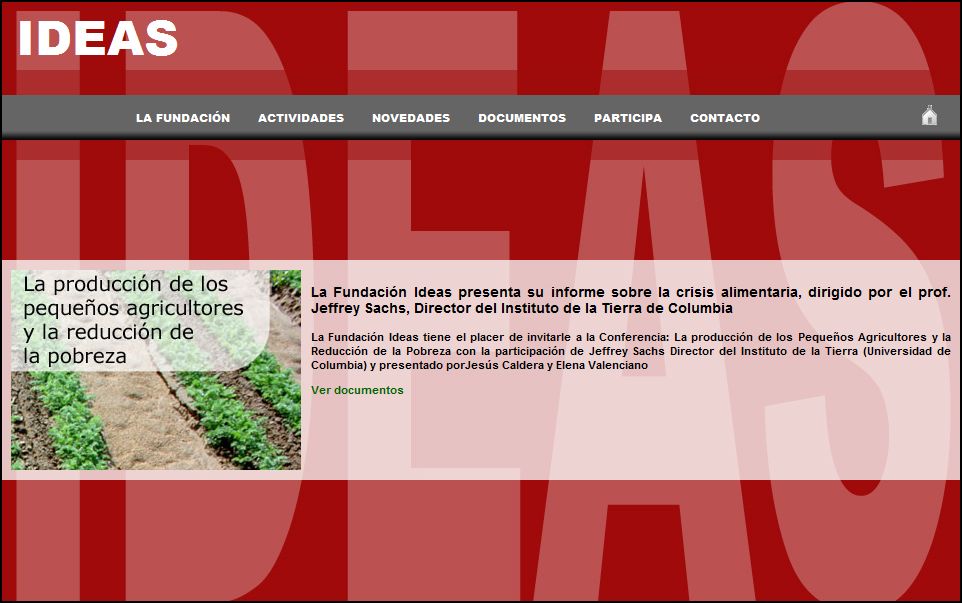The Copenhagen Institute for Futures Studies offers another interesting article on the future of work. In this occasion, it focuses on the arrival of women to management tasks, but not as a fashionable momentum. On the one hand, the failure of an economic system governed by men has offered an opportunity for women. Although they were even more able to play a key role in company boards, the main posts have been in the hands of male managers. Now, as men have failed in avoiding the crisis (If they are not guilty of it) in many businesses owners are thinking of giving a chance to women. On the other hand, in the last ten years we have seen that women perform better in education. They have university degrees and are better prepared than many men. According to this situation, nobody can stop the climbing of women to the managerial tasks.

In fact, as the report Shall women save the world’s economy? points out, women can do best in these difficult times. Their management approach is more appropriate to cope with uncertainty and negative ways:
“Women have a completely different approach to life. They are more cooperative and bring more people in when important decisions must be made. So it can take a little longer to make the decision, but the decision is considered thoroughly before being made. I have absolutely no doubt that the world would have been very different if women had had the assignment.”
The paper says that now we need financial control, cooperation instead fierce competition, warm environment instead hard labour relations and a bigger sense of the importance of success in the long term. All these features are in the managerial style of women. “There is a feminine approach to leadership. It’s about being intuitive and rational. It’s about multitasking, sensitivity to people’s needs and feelings and being a generous listener.” An important point to remember is that the entering of women into management is going to be a structural trend, at least in the more developed countries. The era of supremacy of macho managers is ending.


 However, the crisis has showed that a public protection model works to assure the basic services to all citizens. The costs of the system grow and grow but it is evident its value in hard times. Solidarity organised through the State helps to facing better the negative consequences of the crisis. I cannot argue that it is the best way to maintain a social protection network, but nobody has invented anything better in the las fifty years.
However, the crisis has showed that a public protection model works to assure the basic services to all citizens. The costs of the system grow and grow but it is evident its value in hard times. Solidarity organised through the State helps to facing better the negative consequences of the crisis. I cannot argue that it is the best way to maintain a social protection network, but nobody has invented anything better in the las fifty years.